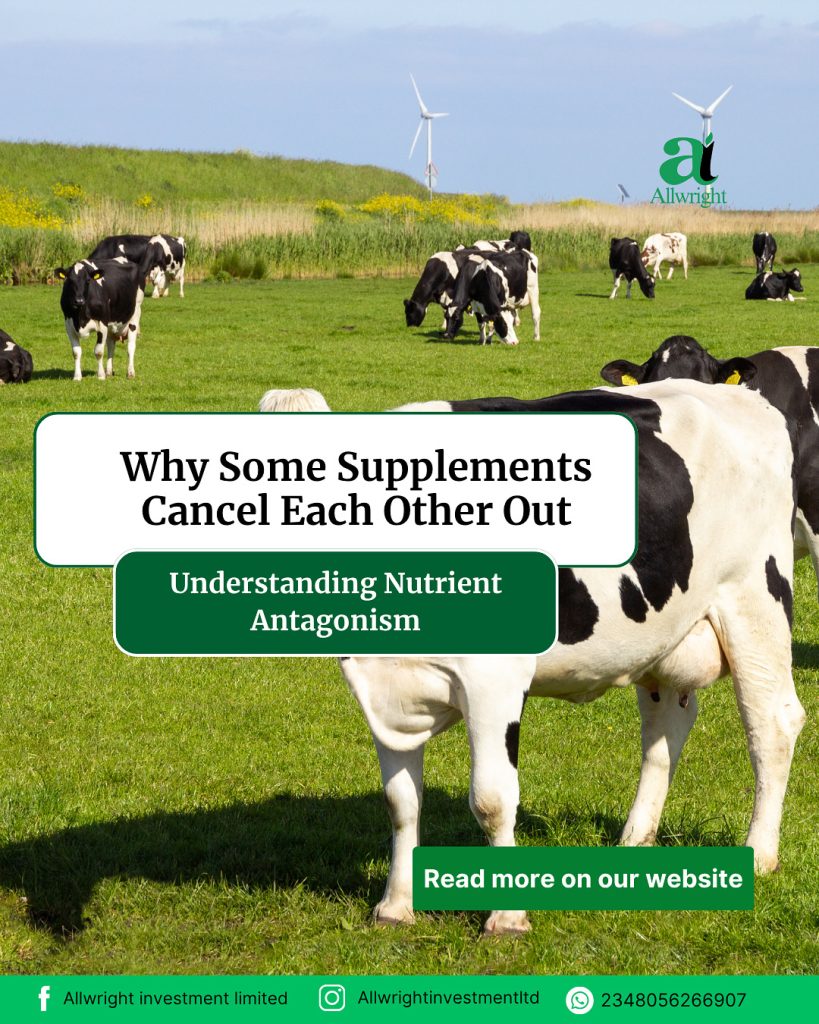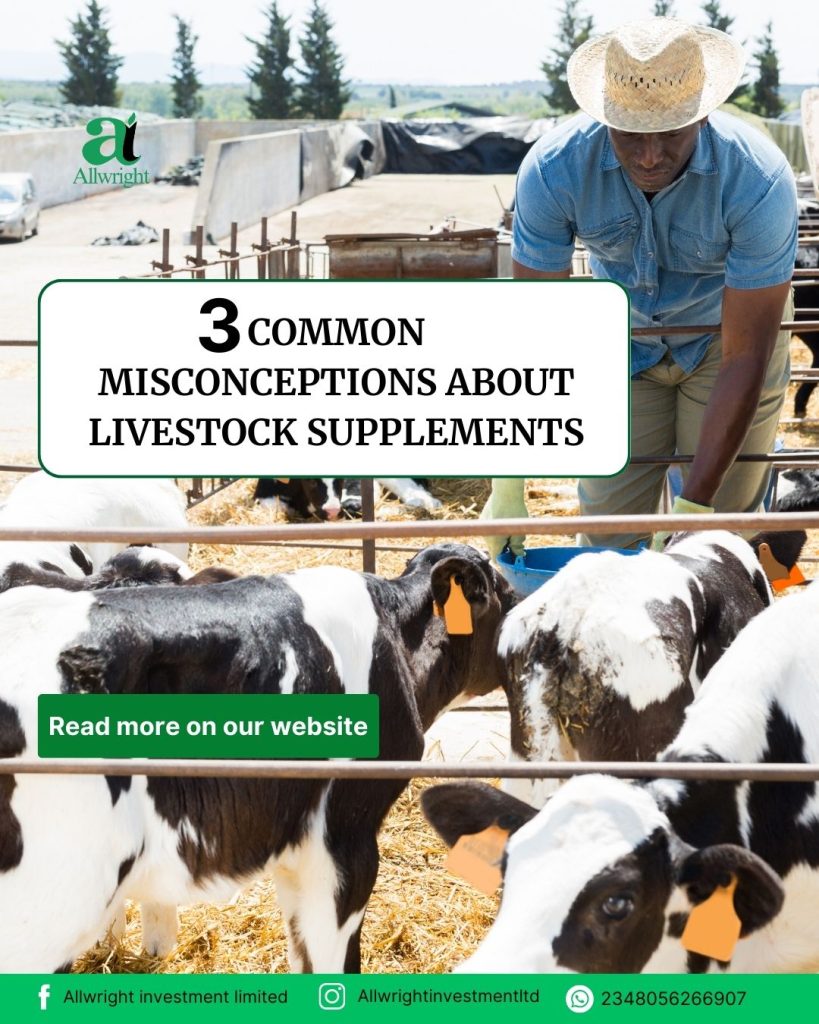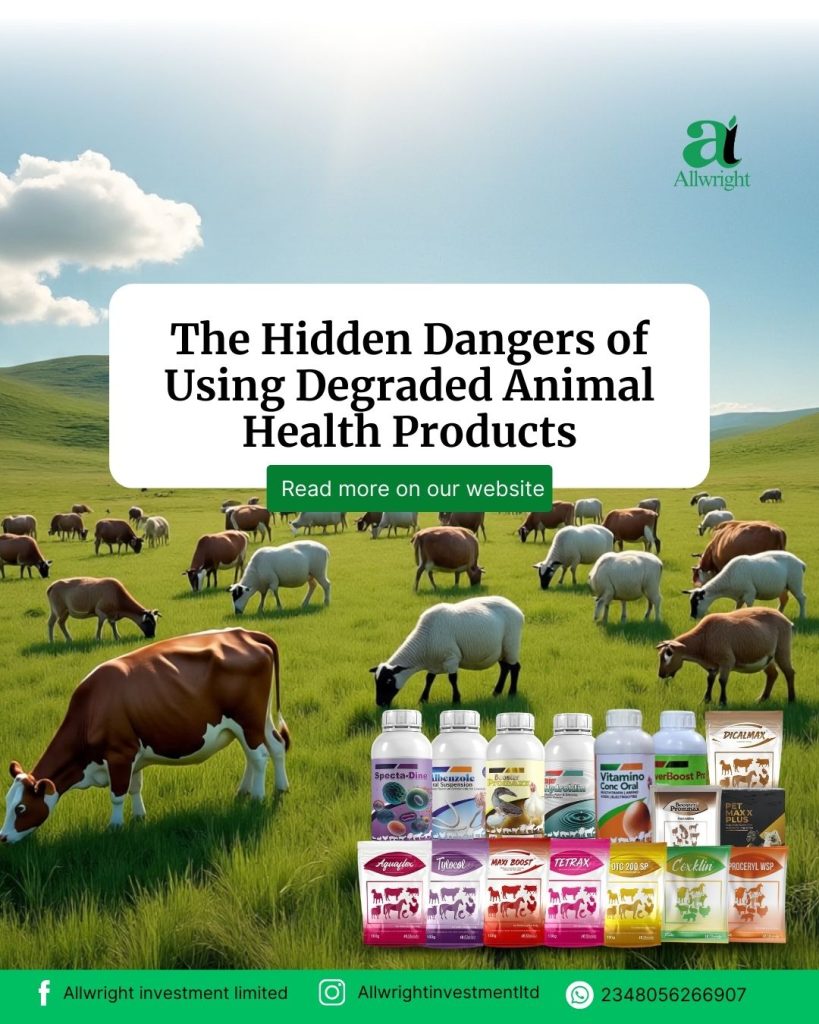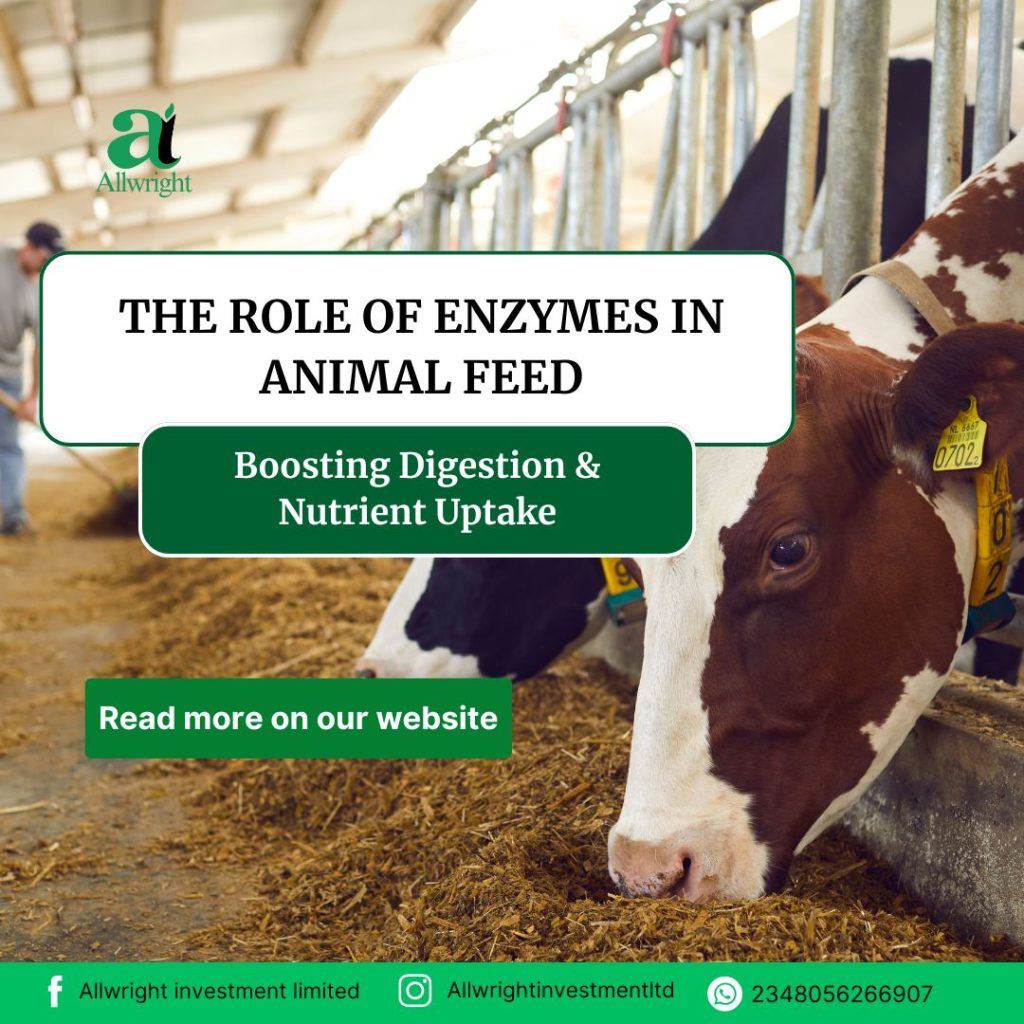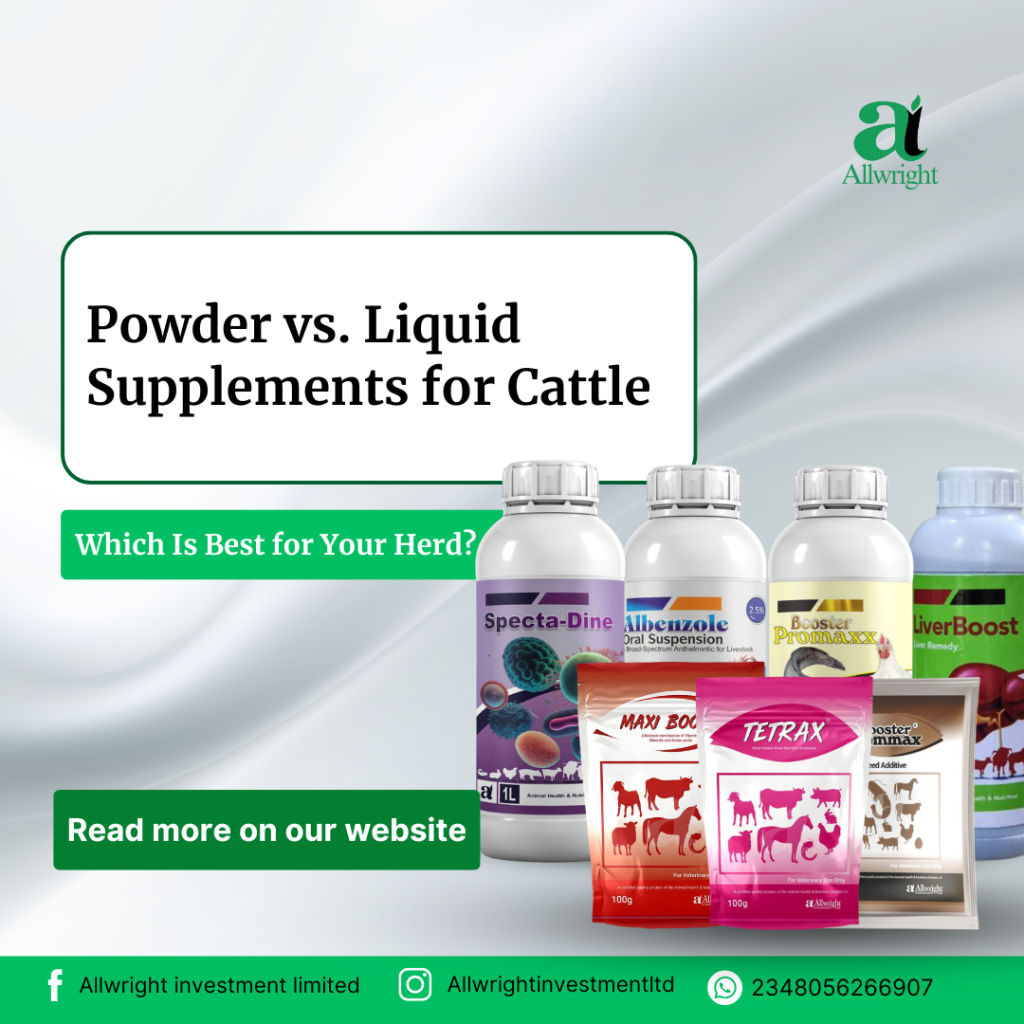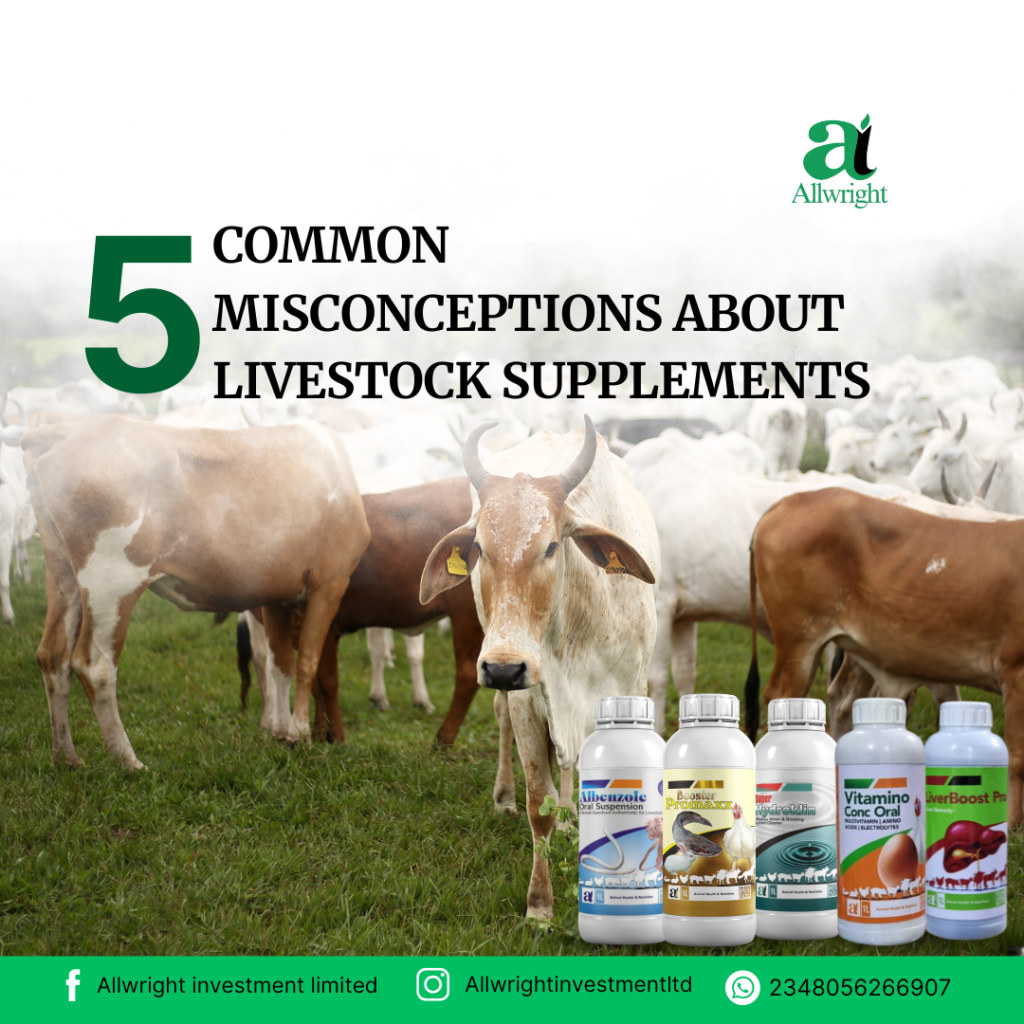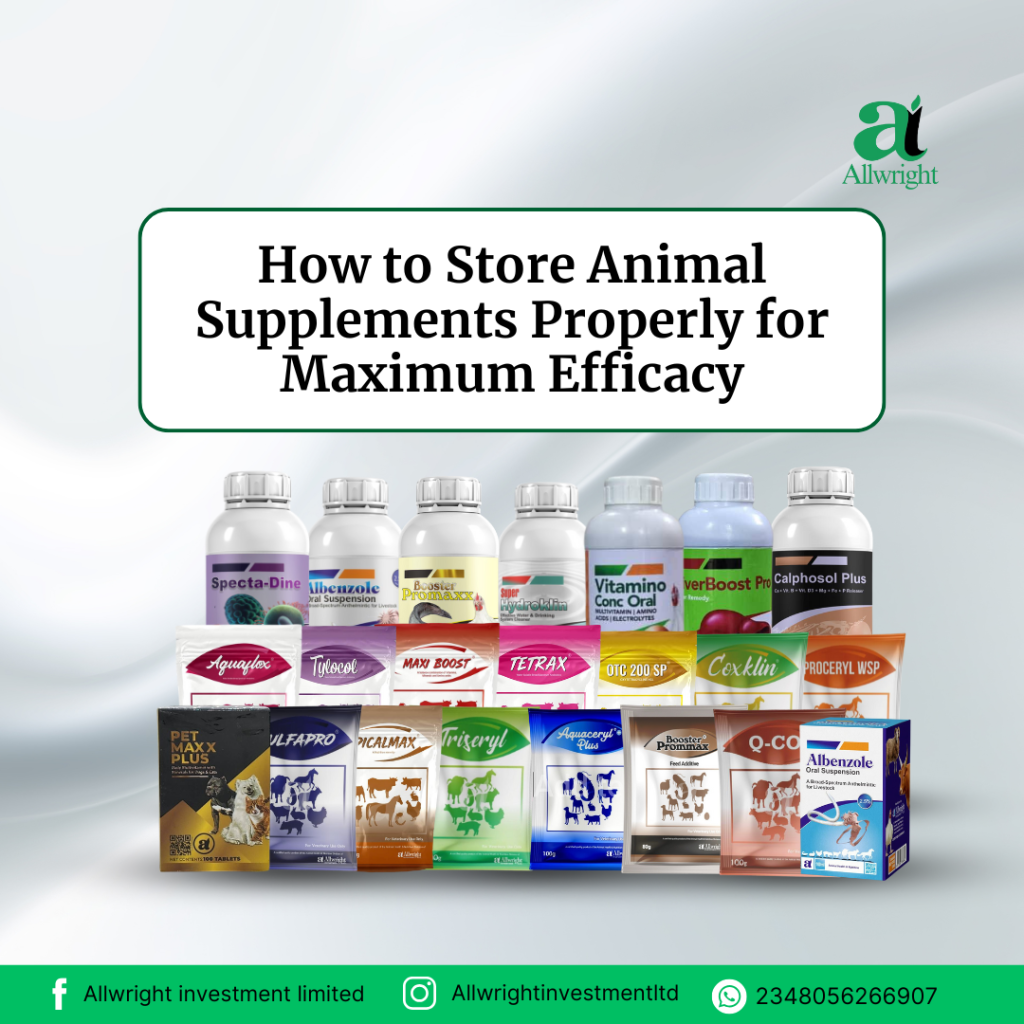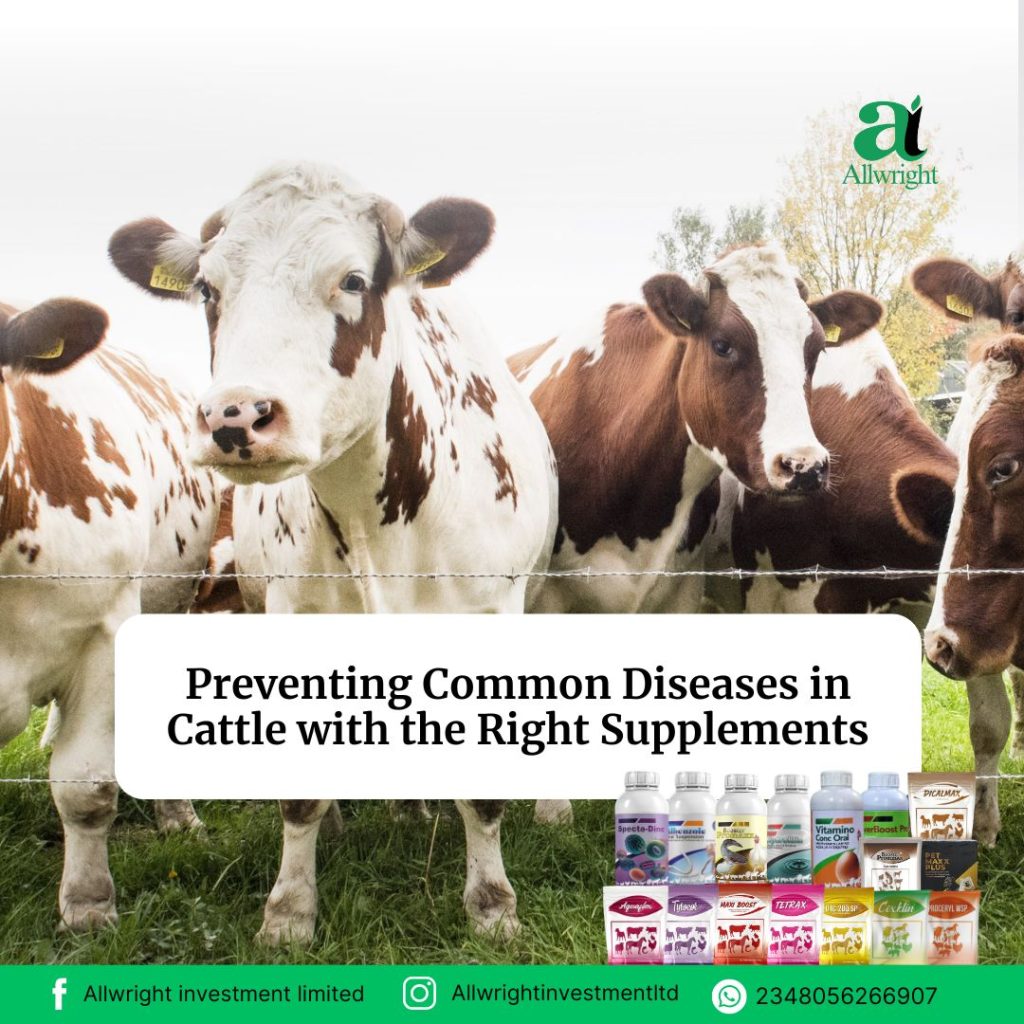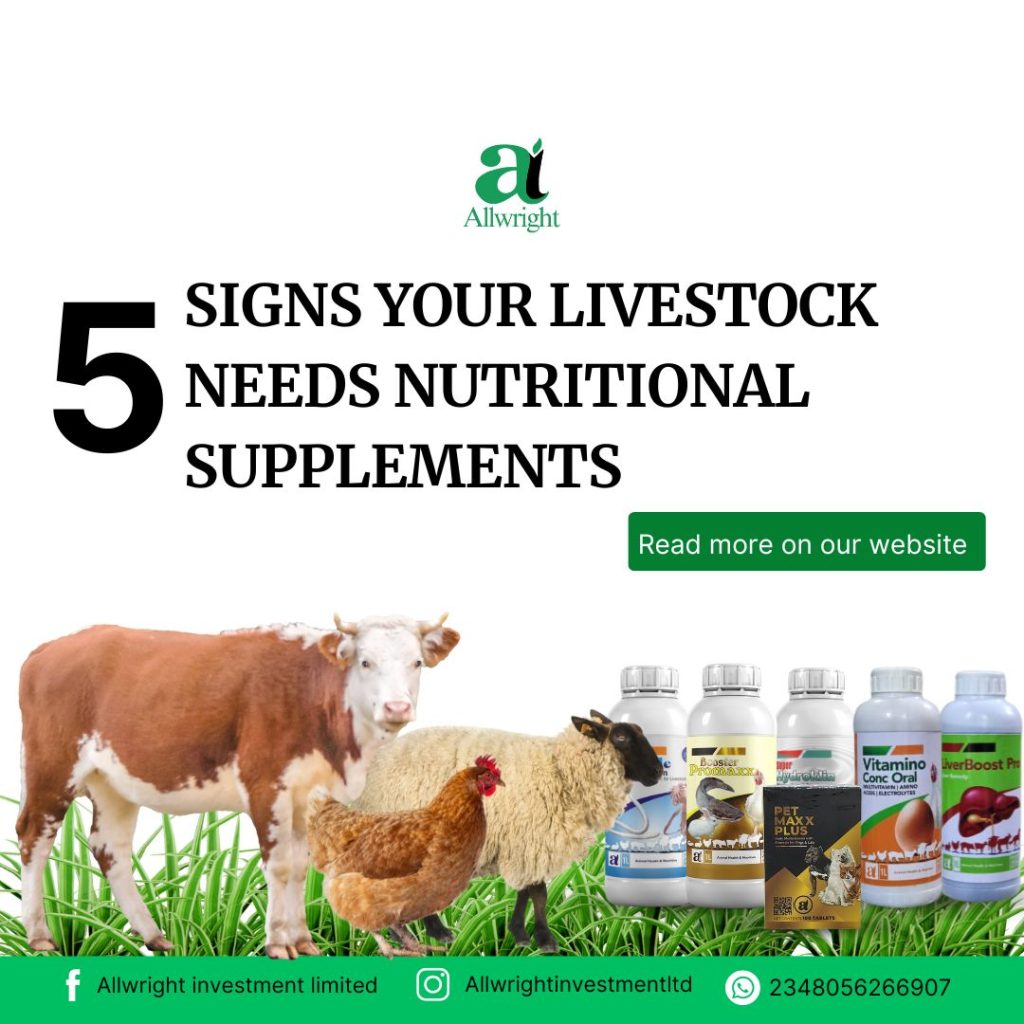Homemade Electrolyte Recipes for Dehydrated Livestock: A Quick Guide
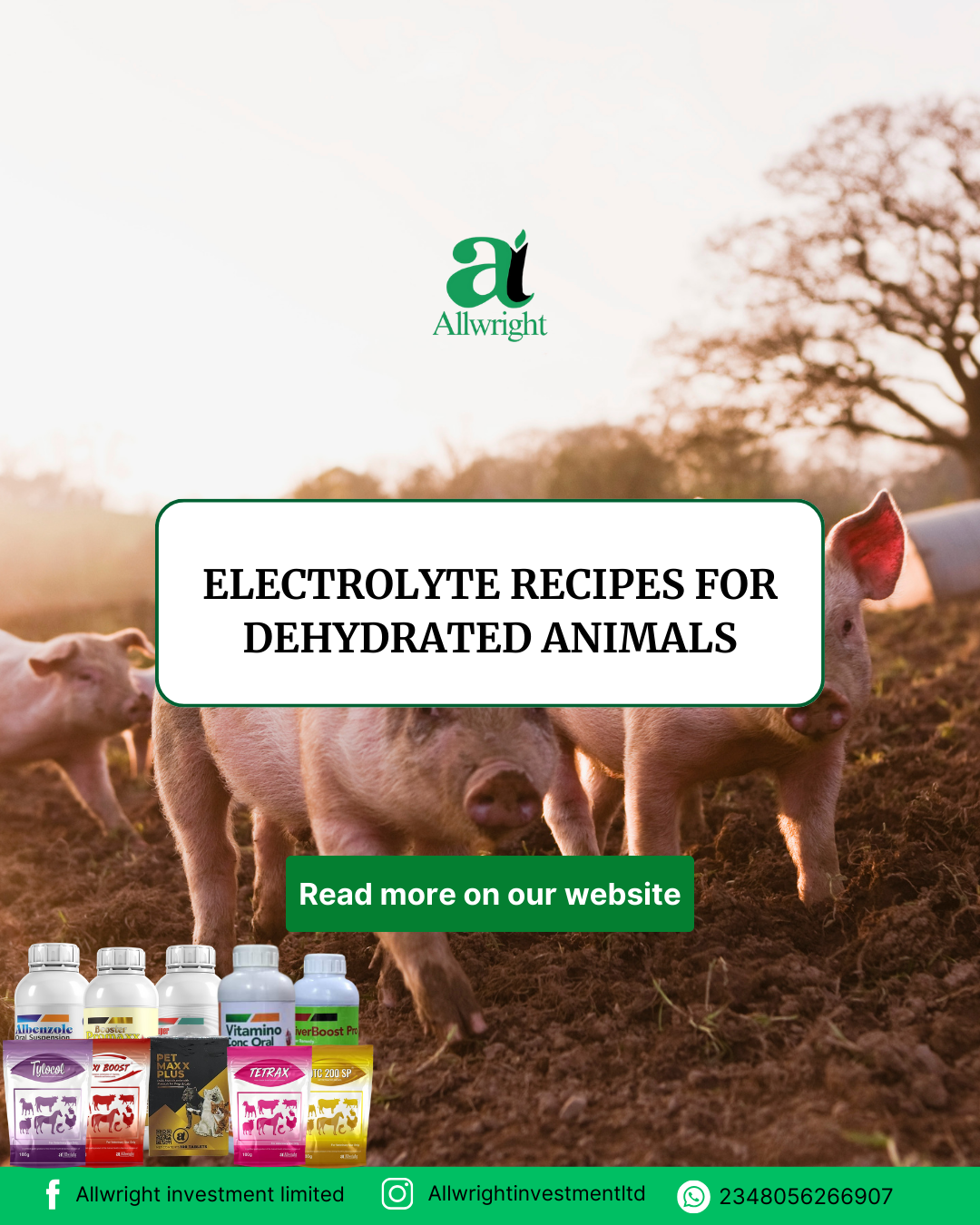
Electrolyte loss in livestock—from scours, heat stress, or transport—can quickly become life-threatening. While commercial products are optimal, having a reliable homemade recipe is essential for on-farm emergencies. This guide provides safe, effective, and veterinarian-approved formulas.
⚠️ A Critical Warning Before You Start
While these recipes are lifesavers, they are for short-term, emergency use only. They lack the precise balance of essential minerals like potassium and magnesium found in pharmaceutical-grade products. Do not use for more than 24-48 hours without consulting your vet, as imbalances can occur.
Core Principles: The Electrolyte "Must-Haves"
An effective oral rehydration solution must contain:
· Water + Energy (Sugar): For fluid absorption.
· Sodium & Chloride (Salt): The primary electrolytes lost in diarrhea.
· Potassium & Bicarbonate (or Citrate): To correct metabolic acidosis and replace potassium.
Universal Emergency Recipe (For Calves, Lambs, Kids, Pigs)
This is the safest and most effective basic formula, recommended by veterinary schools.
· 1 liter (1 quart) of warm, clean water
· 20 grams (1 tablespoon) of white sugar
· 3.5 grams (1 level teaspoon) of table salt (sodium chloride)
· 2.5 grams (1/2 teaspoon) of baking soda (sodium bicarbonate)
How to Use:
- Mix thoroughly until all powders are completely dissolved.
- Offer 2-4 liters per day to a dehydrated calf, divided into 4-8 feedings. Administer via nipple bottle or esophageal feeder.
- Crucial: Continue feeding the animal's normal milk or colostrum separately. Space milk and electrolyte feedings at least 2 hours apart to avoid disrupting milk digestion in the abomasum.
Advanced Recipe for Severe Scours (Acidosis Correction)
If an animal has watery, foul-smelling diarrhea and appears weak or depressed, it likely has metabolic acidosis. This formula helps correct it.
· 2 liters of warm, clean water
· 1/2 teaspoon (2.5g) of table salt (sodium chloride)
· 2 teaspoons (10g) of baking soda (sodium bicarbonate)
· 1/2 teaspoon (2g) of potassium chloride salt substitute (like "No-Salt")
· 2 tablespoons (30g) of white sugar
This recipe has less sodium and more alkalizing agents to counteract severe acidosis. Use only under guidance or if commercial products are unavailable.
Simple Pasture Recipe for Heat Stress (Cattle, Sheep, Goats)
For animals showing mild dehydration from heat (sunken eyes, skin tenting), this can be added to drinking water.
· 20 liters (5 gallons) of water
· 4-6 tablespoons of loose salt
· 2-4 tablespoons of baking soda
· 1-2 tablespoons of magnesium oxide (if available)
· Optional: 1 cup of molasses for palatability and quick energy.
Offer this in a separate trough from fresh water for 4-6 hours on hot days.
What NOT to Use: Common Household Dangers
❌ Sports Drinks (Gatorade, Powerade): They are too low in sodium, too high in sugar, and can contain artificial colors/flavors harmful to livestock.
❌ Human Pediatric Electrolytes (Pedialyte): Formulated for human infants, not livestock; potassium levels can be dangerous for animals in kidney stress.
❌ Plain Water Alone: This can dilute remaining electrolytes in the bloodstream, worsening the condition ("water intoxication").
When to Use Homemade vs. Pharmaceutical-Grade
Scenario Recommendation
Mild dehydration, first 12 hours Homemade recipe is acceptable.
Persistent or severe scours (>24 hrs) Switch immediately to a commercial electrolyte. They contain balanced potassium, glycine for absorption, and energy sources that don't interfere with milk clotting.
Heat stress in a herd Homemade pasture recipe is a good stop-gap. For valuable or severely affected animals, use a precision product.
Preventive use during weaning/transport Always use a commercial product. The risk of creating mineral imbalances over several days is too high.
The Bottom Line: Homemade electrolytes are a vital tool in your emergency kit, but they are a bridge to professional care and quality products. For the best recovery, correct diagnosis, and long-term health, always follow up with veterinary advice and high-quality, research-backed supplements.
For a reliable, fast-acting solution, explore Allwright products —formulated for optimal absorption and balanced mineral recovery.

